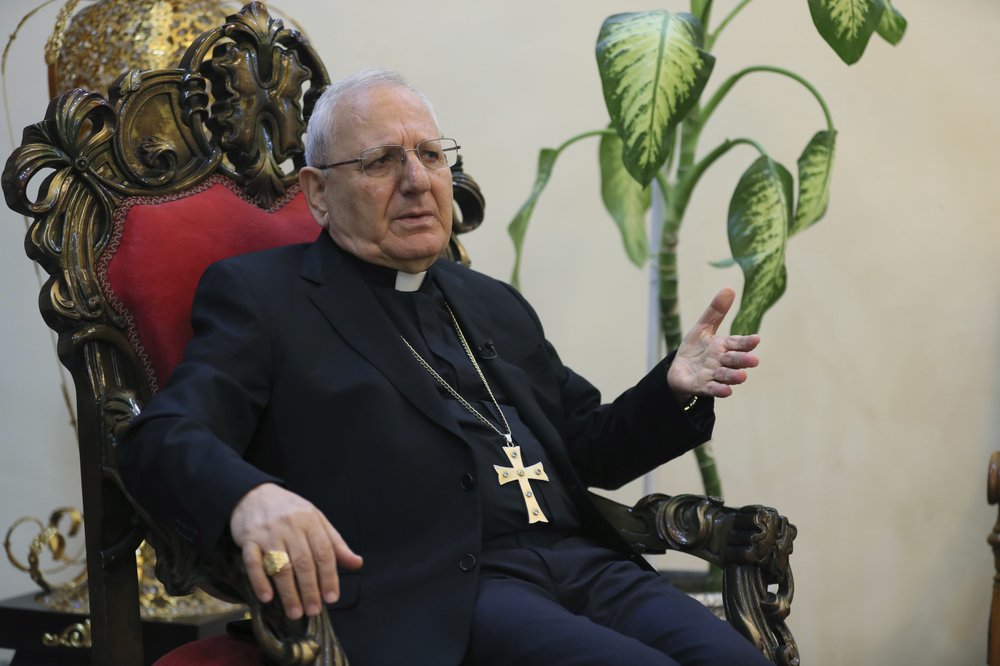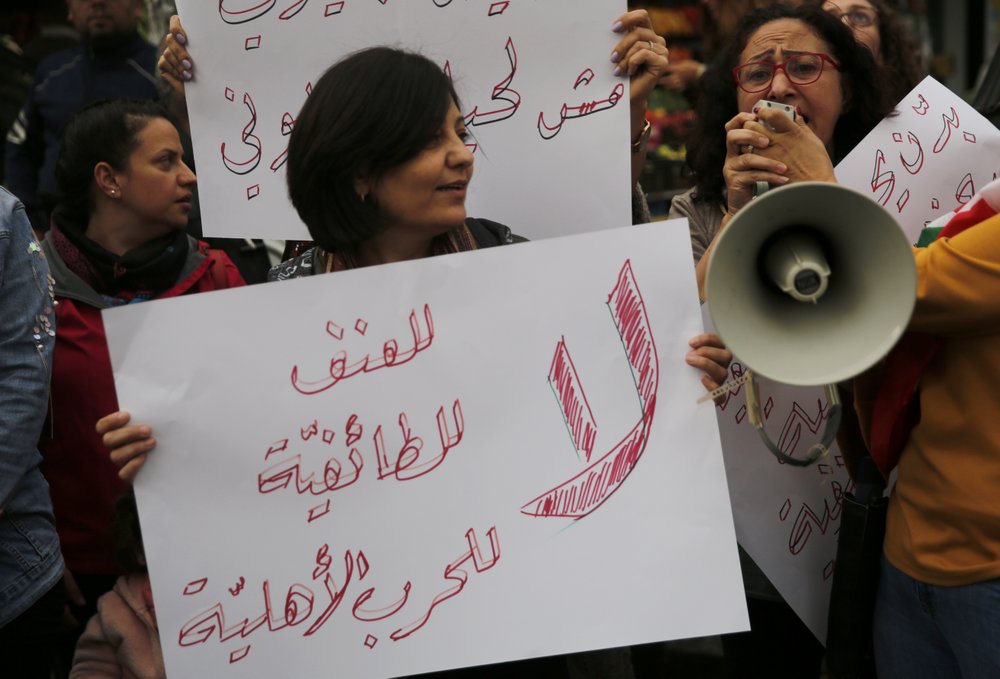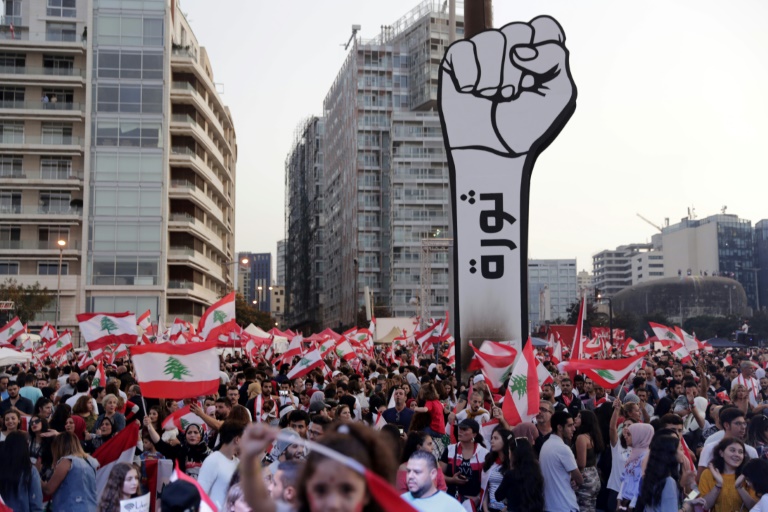The sectarian question remains on the front page of independent and opposition papers, while the state-run papers continue to insist sectarianism is a non-issue.
Al-Wafd ran a page-long report under the headline, "The catastrophe of internationalizing the Coptic question." The report explains how the latest incident of sectarian violence in Naga Hammadi, Qena Governorate, in which seven people were killed in a drive-by shooting in front of a church on Coptic Christmas Eve, fueled foreign intervention in Egypt’s domestic affairs.
Al-Wafd wrote that there have been “fabricated reports” where Copts were asked to sign emigration and refugee status requests to foreign countries. Foreign funds, according to the the paper, were also allocated to certain non-governmental organizations which have been pressing to hold officials accountable for the violence that erupted in Upper Egypt. Moreover, Al-Wafd wrote, Coptic pressure groups in the West have lead key political institutions, such as the European Parliament, to denounce the Egyptian authorities role in settling the case and finding durable solutions.
In interviews with local intellectuals, the report warns against the internationalization of sectarianism in Egypt, which will make a second Iraq out of historically stable Egypt. Al-Wafd includes a historical analysis of what created these interventionist trends. For example, Coptic pressure groups based in the West are a by-product of the fading of national unity that was a pillar of the 1919 anti-colonial movement, says the report.
The independent Al-Dostour ran a front-page story about a Coptic group abroad calling for US President Barack Obama to intervene on behalf of Egypt’s Christians, in what seems to exemplify Al-Wafd’s warnings. According to Al-Dostour, the American Coptic Collective stated that they sent 4350 letters to Obama asking him to take a firm stance to solve Copts’ problems in Egypt. The balanced story features an interview with Mamdouh Nakhla, who heads a local Coptic human rights organization and who approved the letter writing campaign in the US as a form of necessary pressure. Meanwhile, Coptic intellectual Rafiq Habib denounced the move for potentially further hurting the relations between Christians and Muslims, particularly because the West does not have the power to end a local problem that is embedded in the society.
Independent Al-Shorouq published on its front page a story about statements by Father Moussa, the head of youth affairs at the Coptic Church. Moussa, who focused on home-grown solutions for the problem, called for the revival of a fact-finding committee that was previously established to respond to events involving sectarian violence. Moussa also called for the review of school curricula to remove any messages fueling the strife.
Besides pitching some “radical” forms of action to end sectarian strife, Moussa was also questioned on some details pertaining to the Naga Hammadi case. He said that the transfer of the wounded to an Alexandria hospital owned by Copts does not relate the sectarianism, adding that both government hospitals and those owned by Copts are open to all Egyptians. He also said that some of the medics who conducted the surgeries were Muslims and refused payment when they learned that their patients were victims in the Naga Hammadi shooting.
The government-run daily Al-Akhbar included on its second page a story about a gathering of priests and sheikhs from the Ministry of Awqaf (Religious Endowments) in Luxor. Gathered around a picture of President Hosni Mubarak, sheikhs and priests smiled before Al-Akhbar’s camera. The headline featured quotes from the religious leaders. “We would pray in church if the time of prayer comes while we’re there,” said Shawky Abdul Latif, a ministry first under-secretary. “We never experienced any discrimination between Christians and Muslims,” says Father Armanious Mikhail of the church of Virgin Mary in Luxor. Meanwhile, Al-Ahram, another government-run paper, didn’t feature any items on Coptic-Muslim relations.
Certain op-ed columns have been key in expanding the debate over sectarian issues. Nevine Mossad, who writes on Thursdays for Al-Shorouq, traced the issue back to increasing religious consciousness, which is manifested in everyday life. One way this consciousness unfolds, according to Mossad, is in the constant search for one’s religious identity in the street or in public establishments.
“You will find people looking for religion in your dress code, if it can’t be found in your name, if it can’t be traced in your forehead, or in your necklace, or in your vocabulary. You have to declare your religious identity in any way in order to be decided whether you will be sympathized with or antagonized,” she writes. She then questions this form of self-identification by asking whether the Muslims of Egypt would culturally identify with the Muslims of Indonesia and Malaysia more than the Christians of Egypt. Probably not, Mossad says, just as the Copts of Egypt did not feel closer to Armenians and Greeks who used to live in Egypt as minorities.




